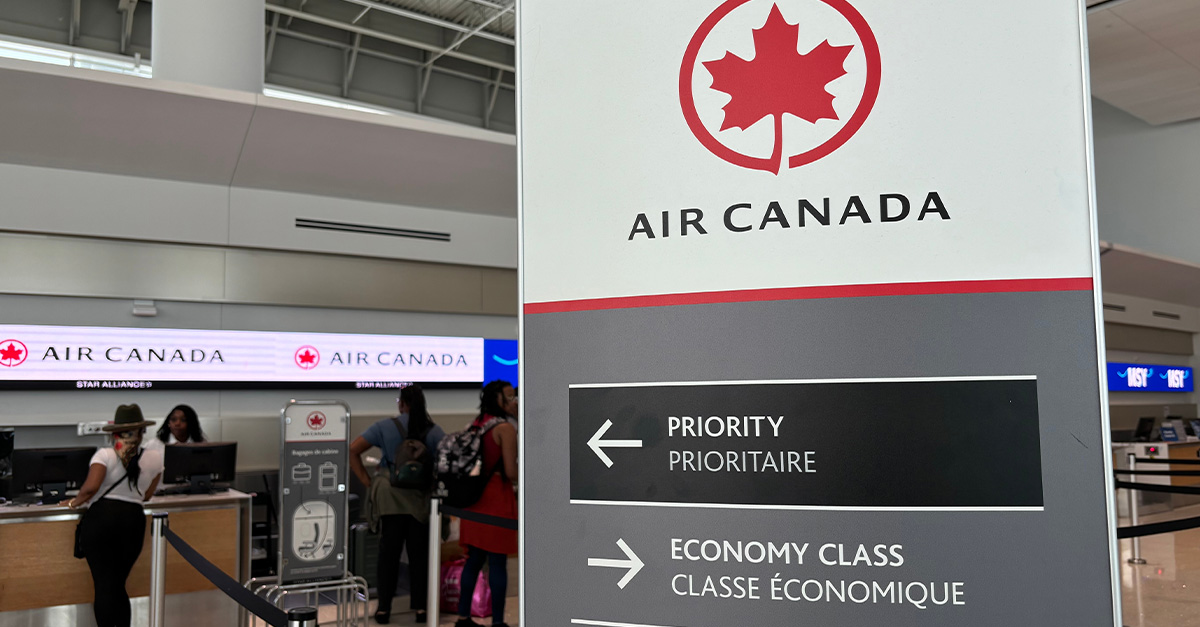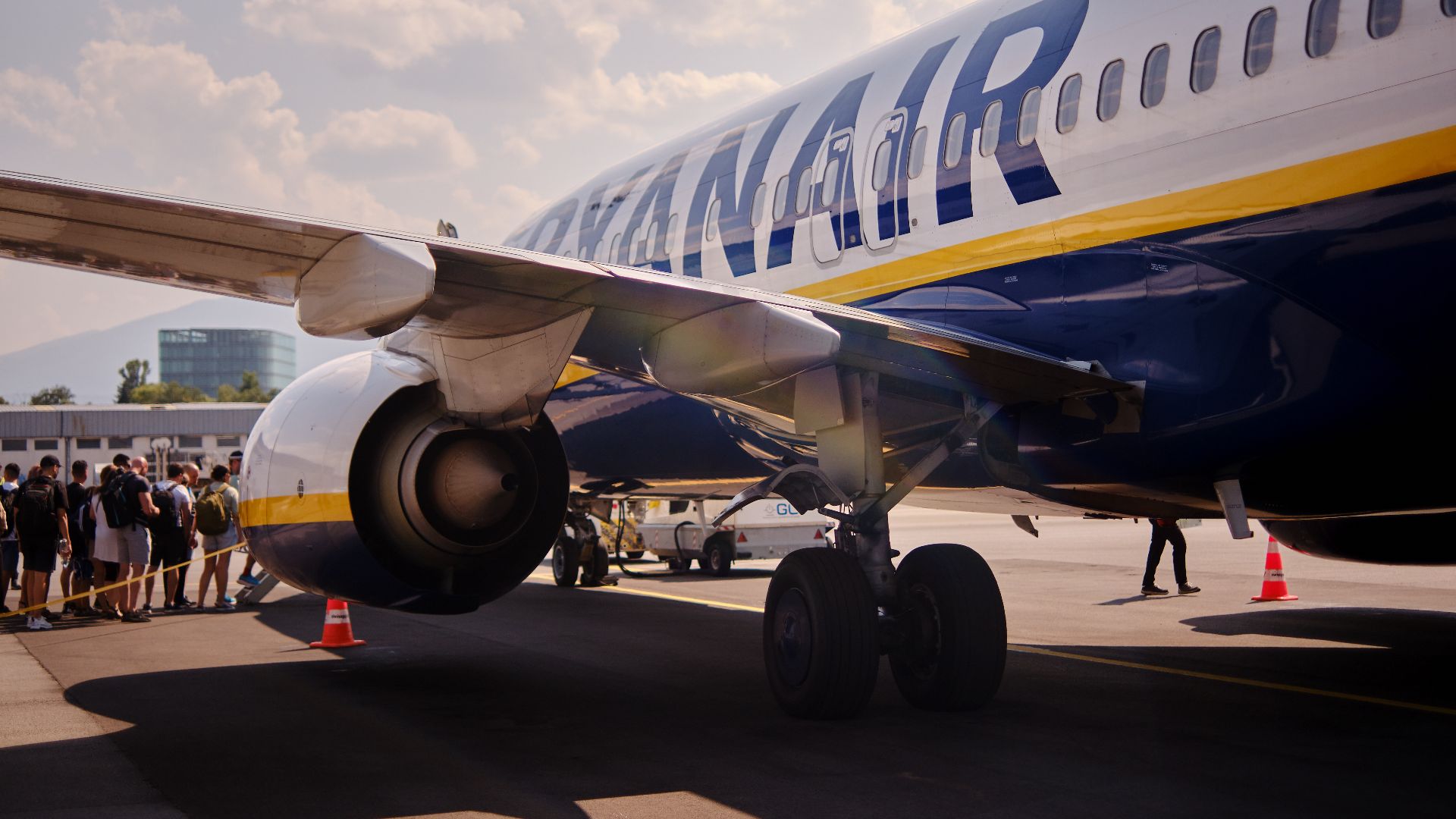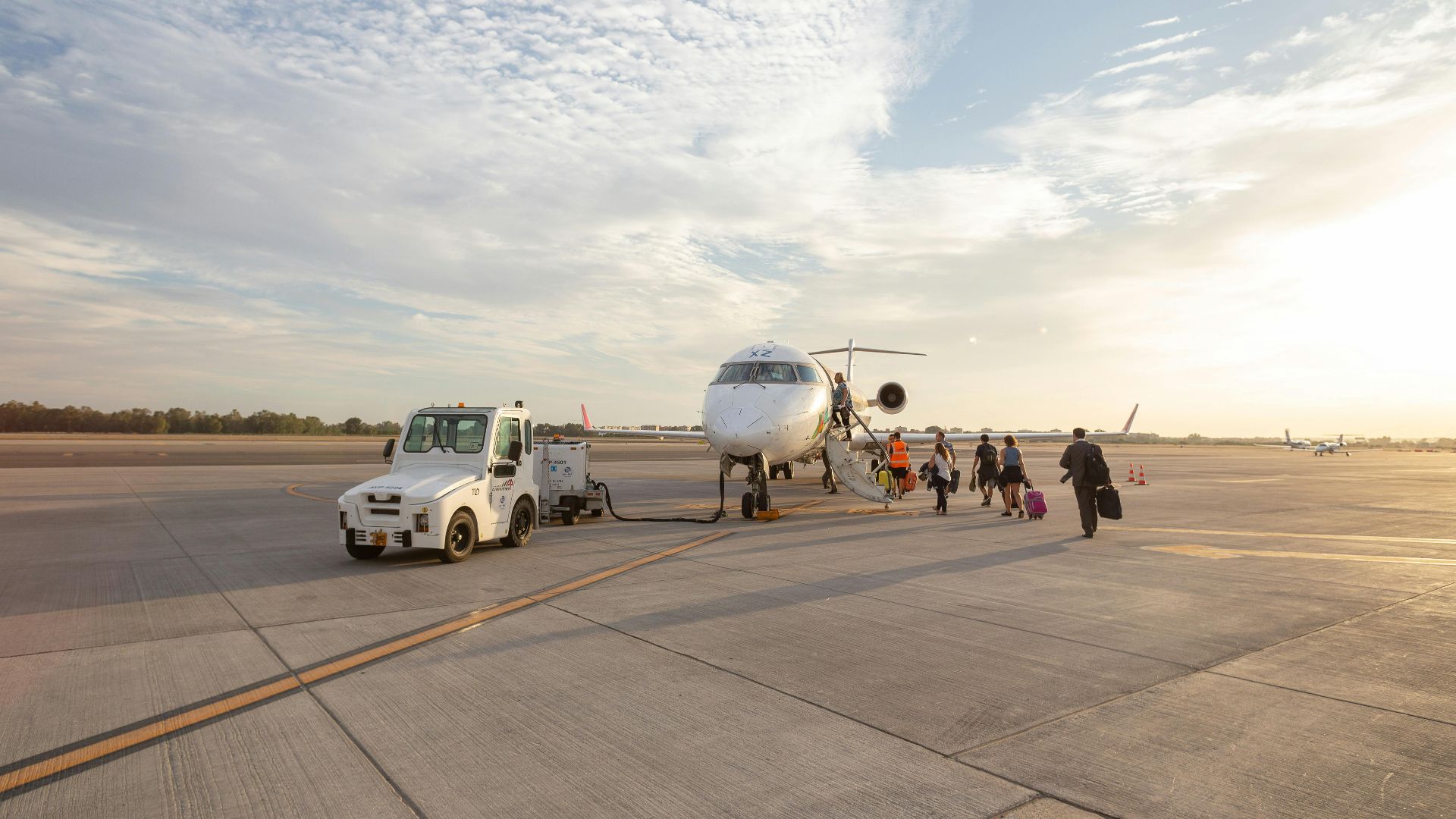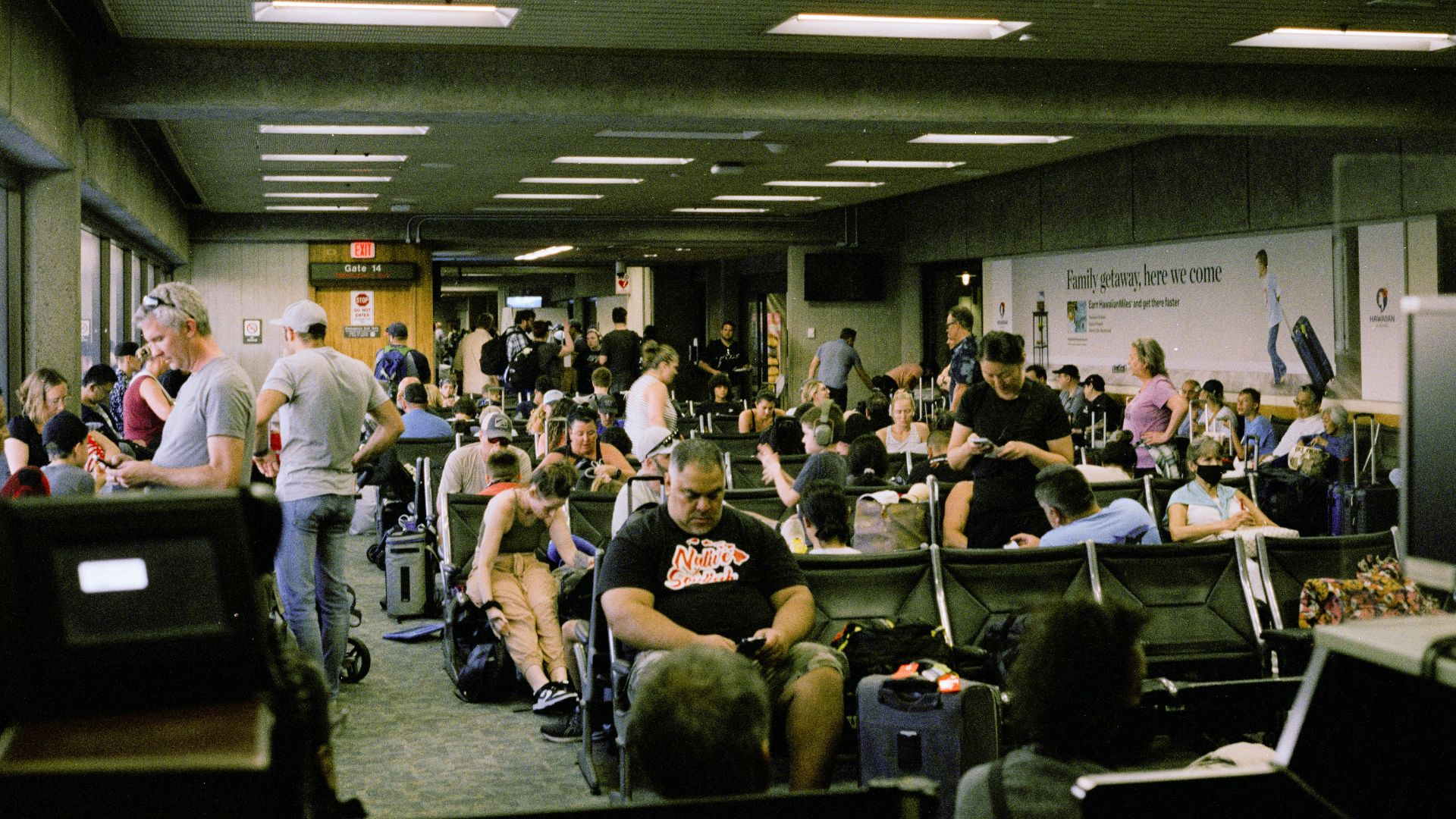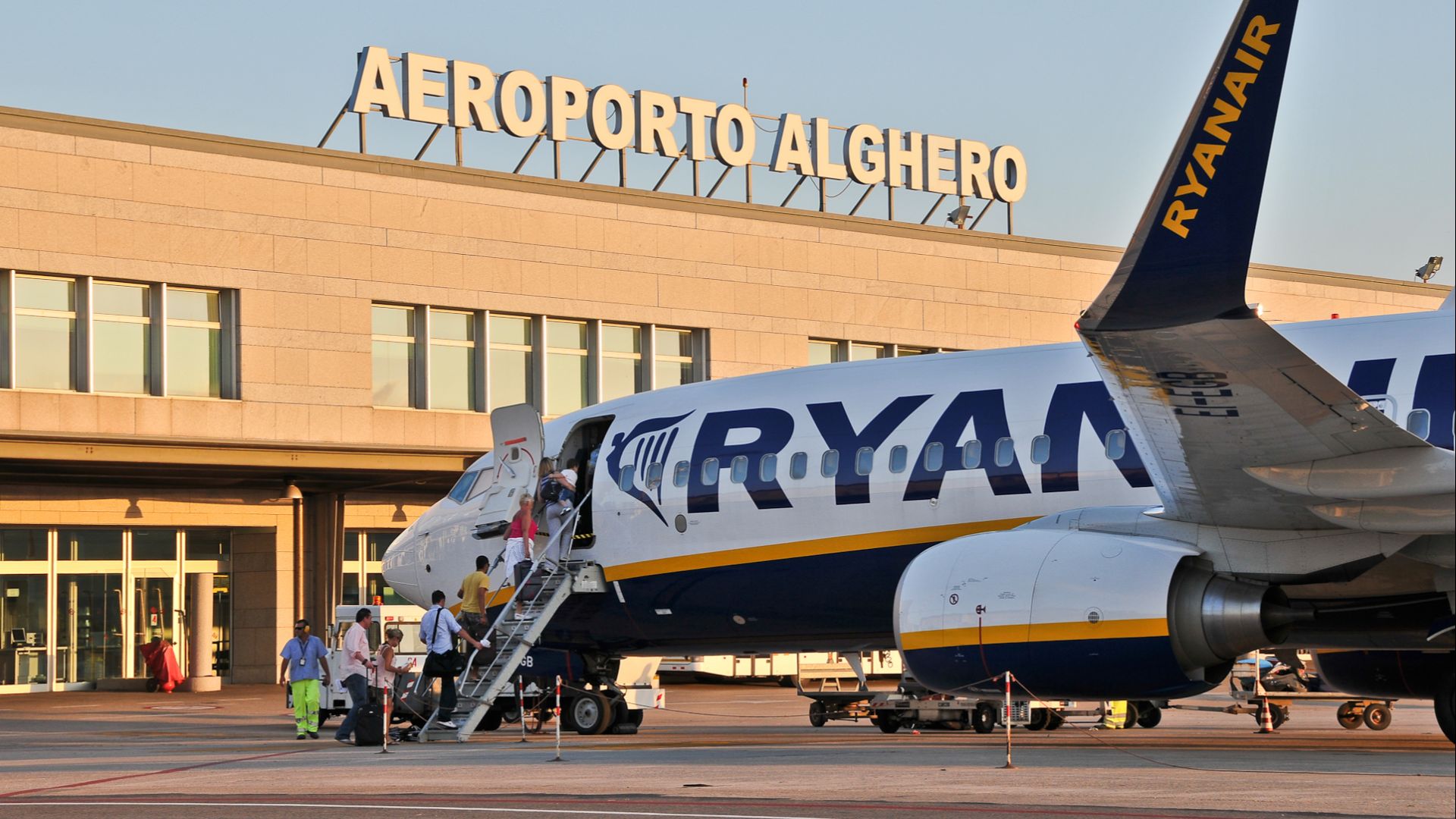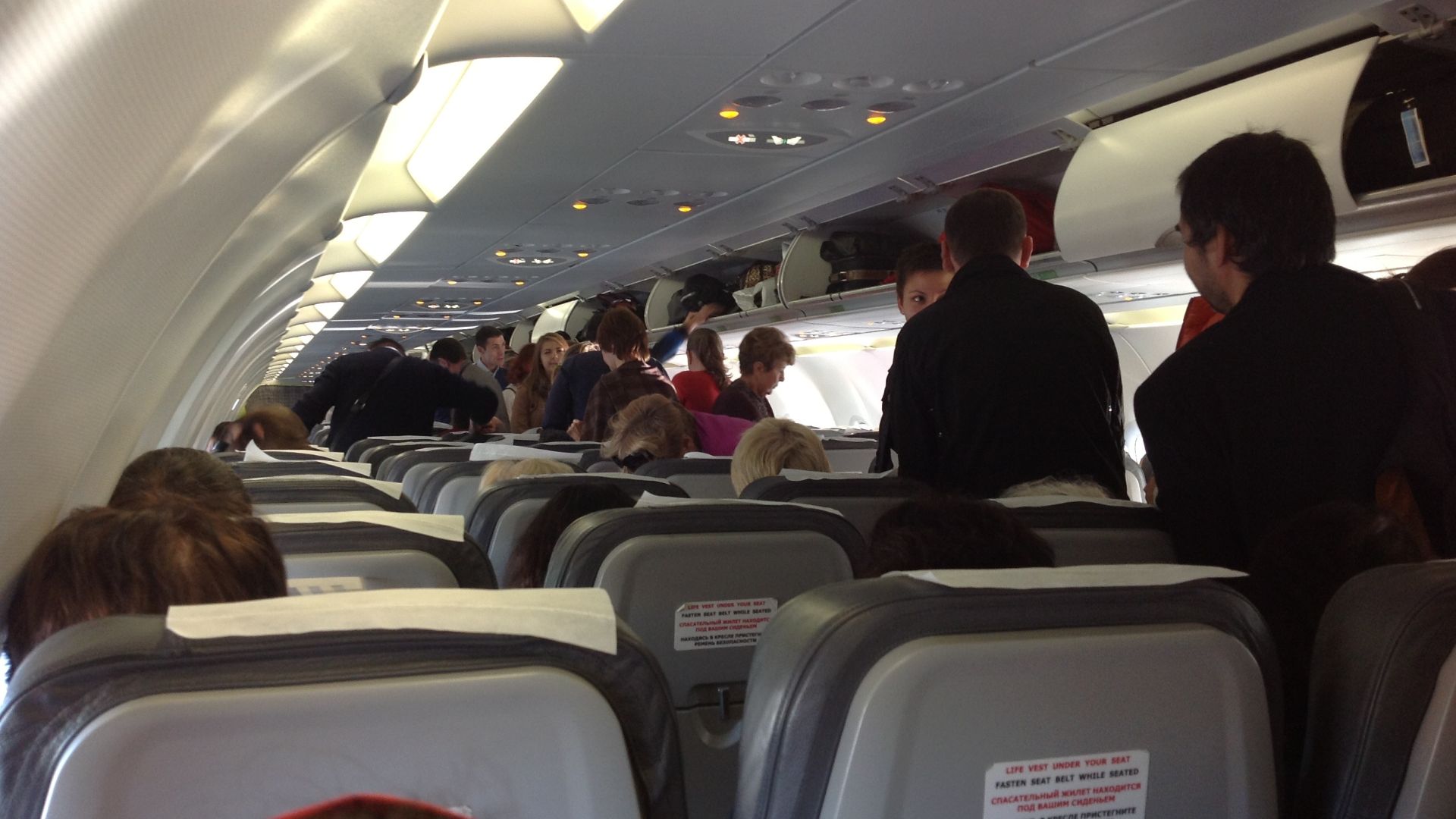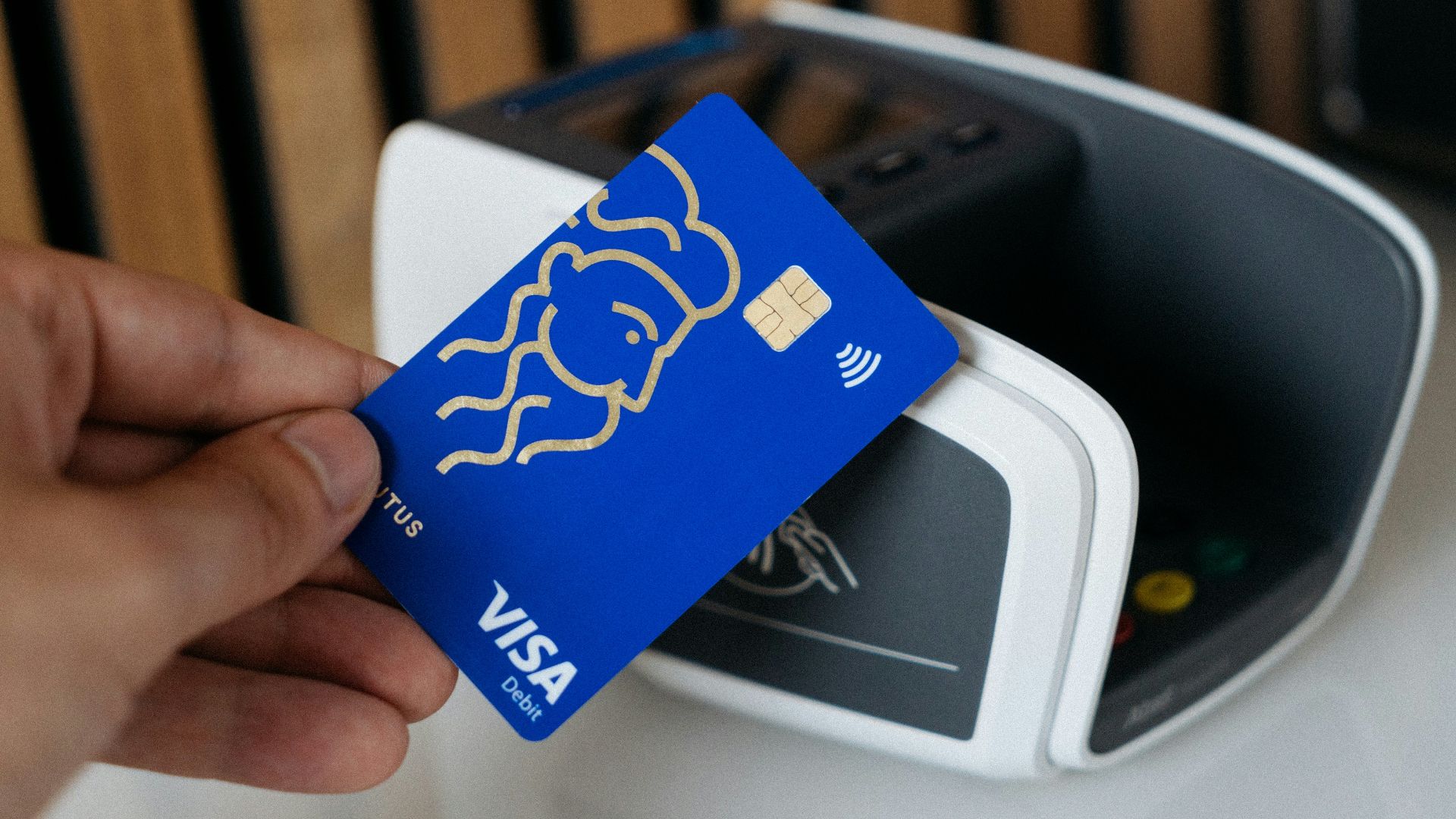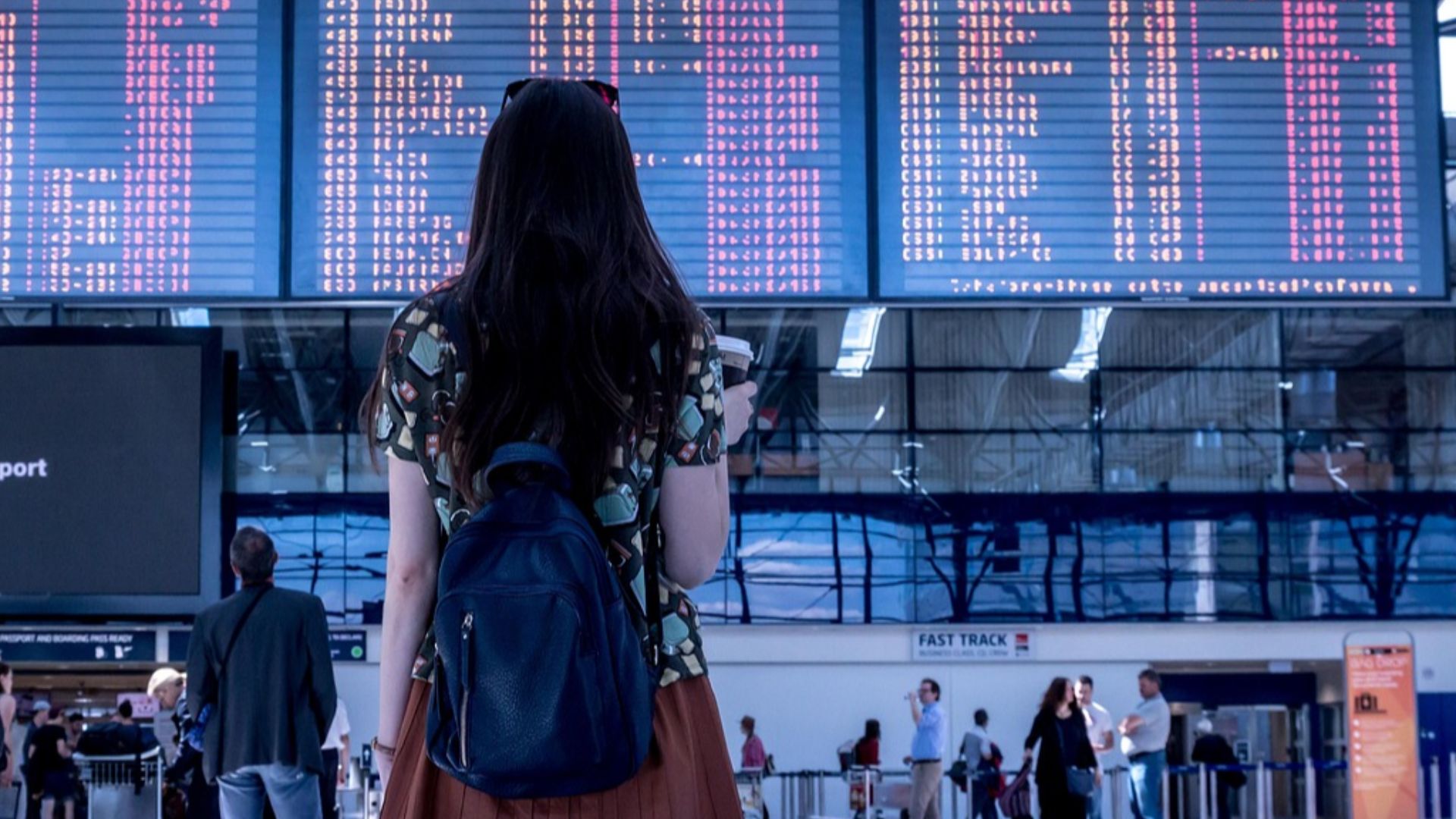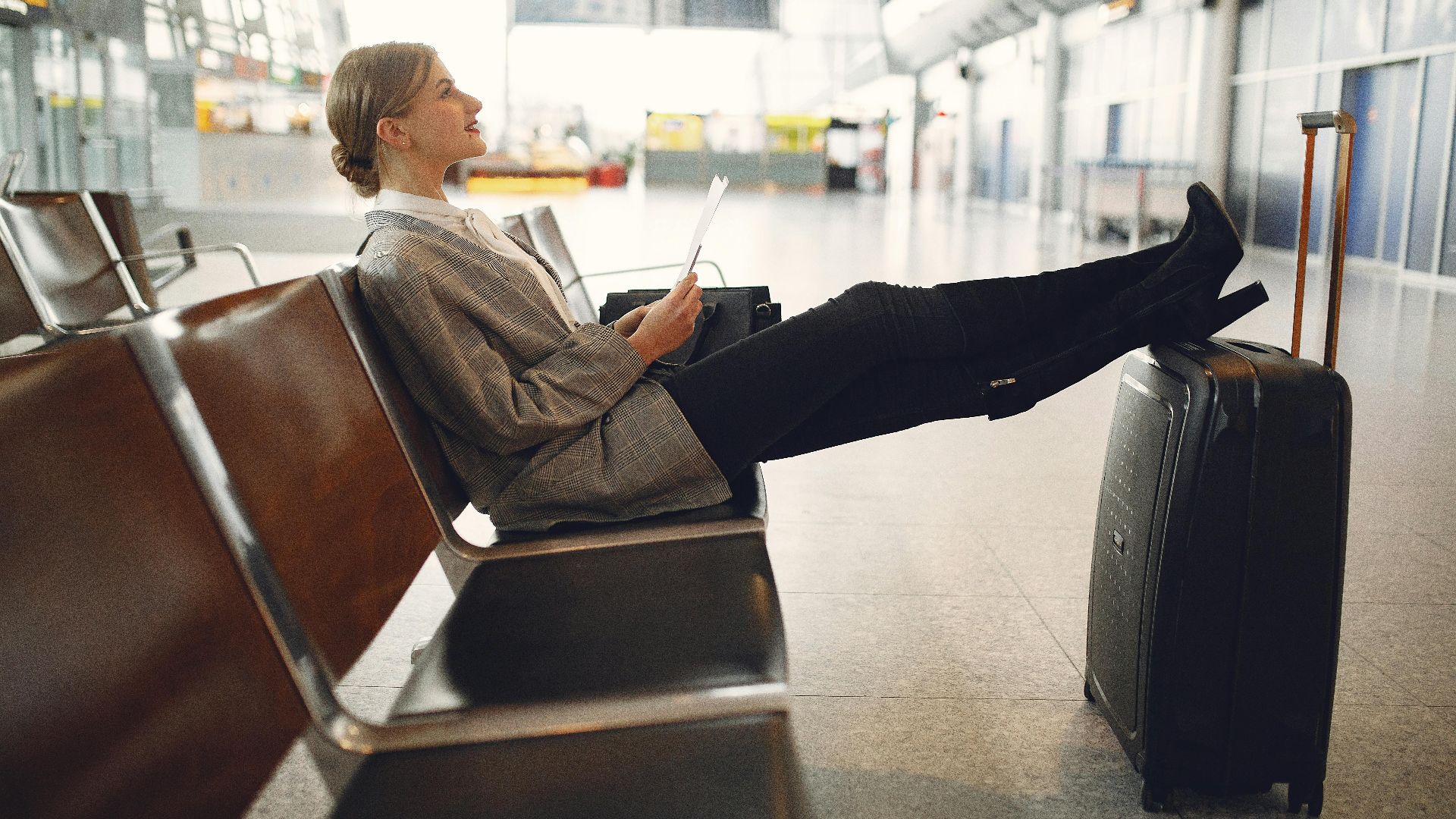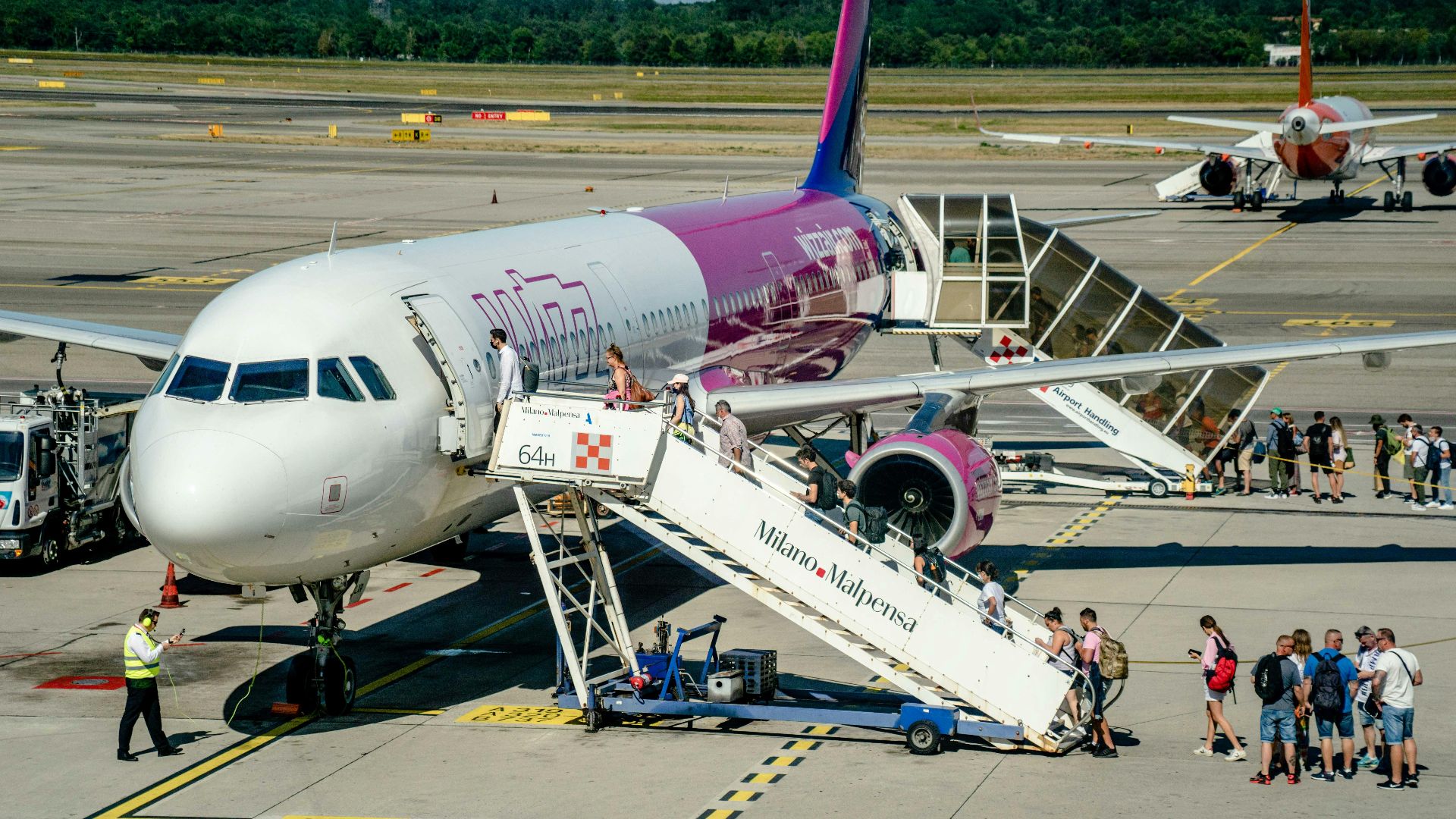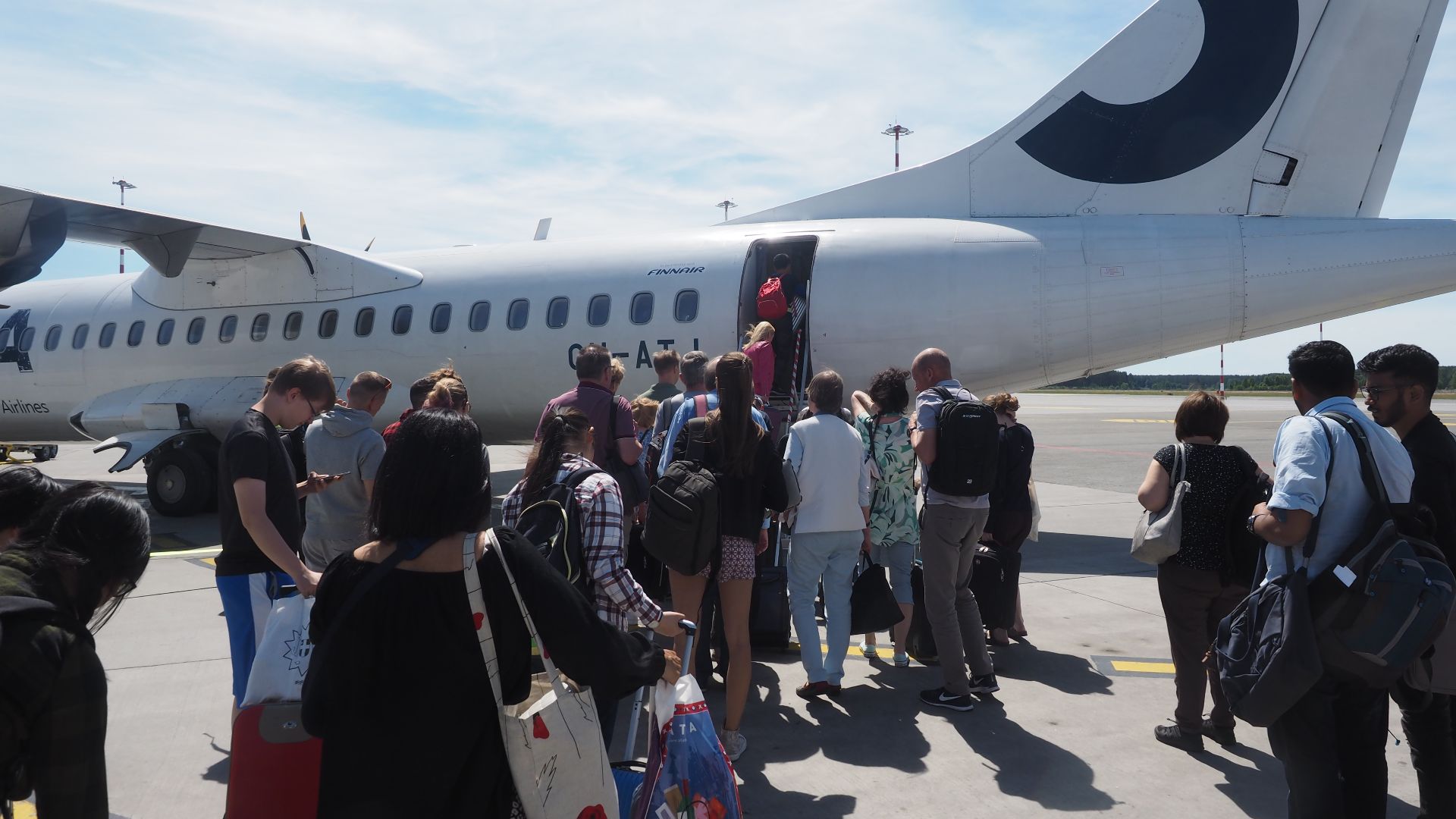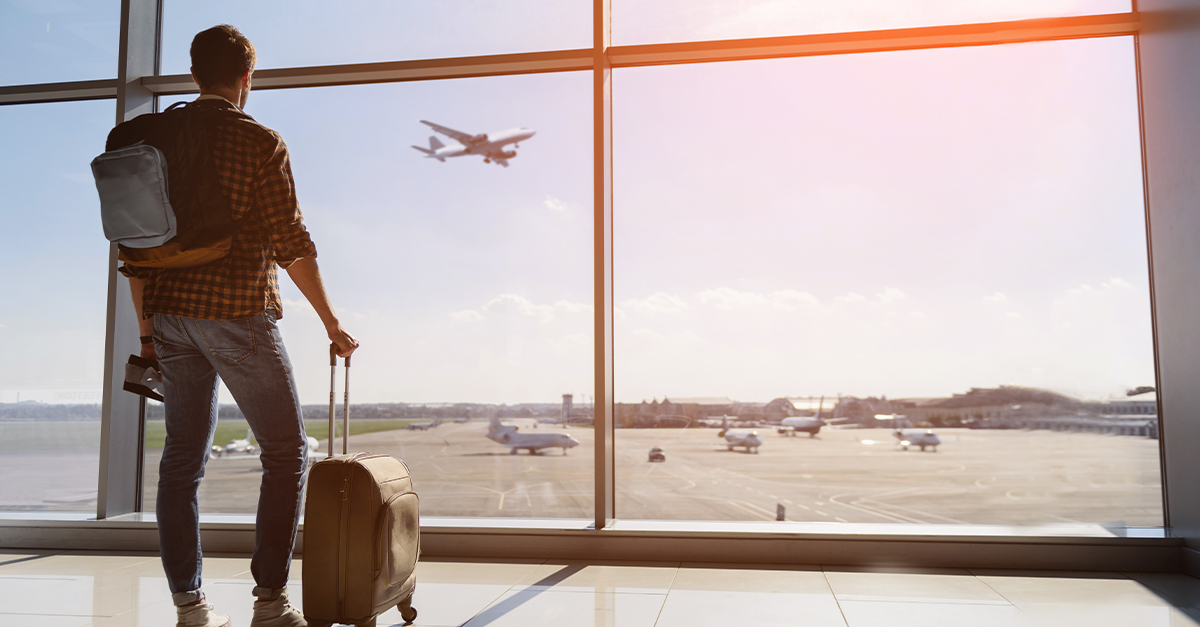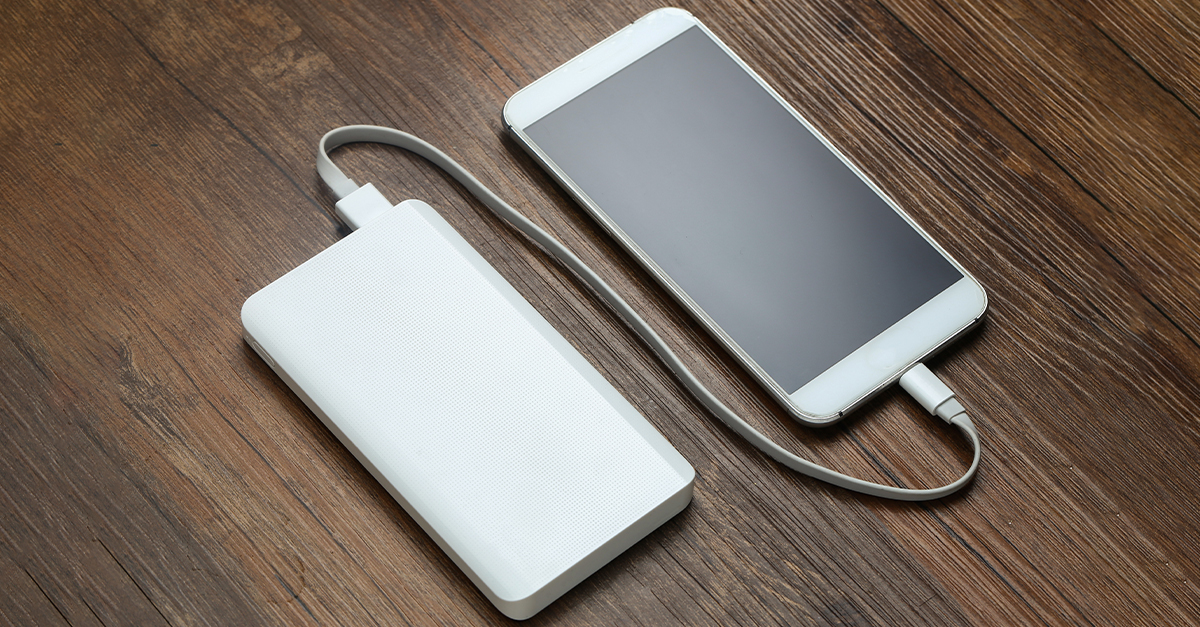The Priority Boarding Paradox
You paid extra for “priority boarding,” marched confidently toward the gate, and then watched what appeared to be half the flight—families, elite members, stroller convoys, and at least three people who somehow boarded twice—step onto the plane before your group was even mentioned. It’s a deeply confusing, deeply relatable experience. But does this chaos mean you deserve a refund?
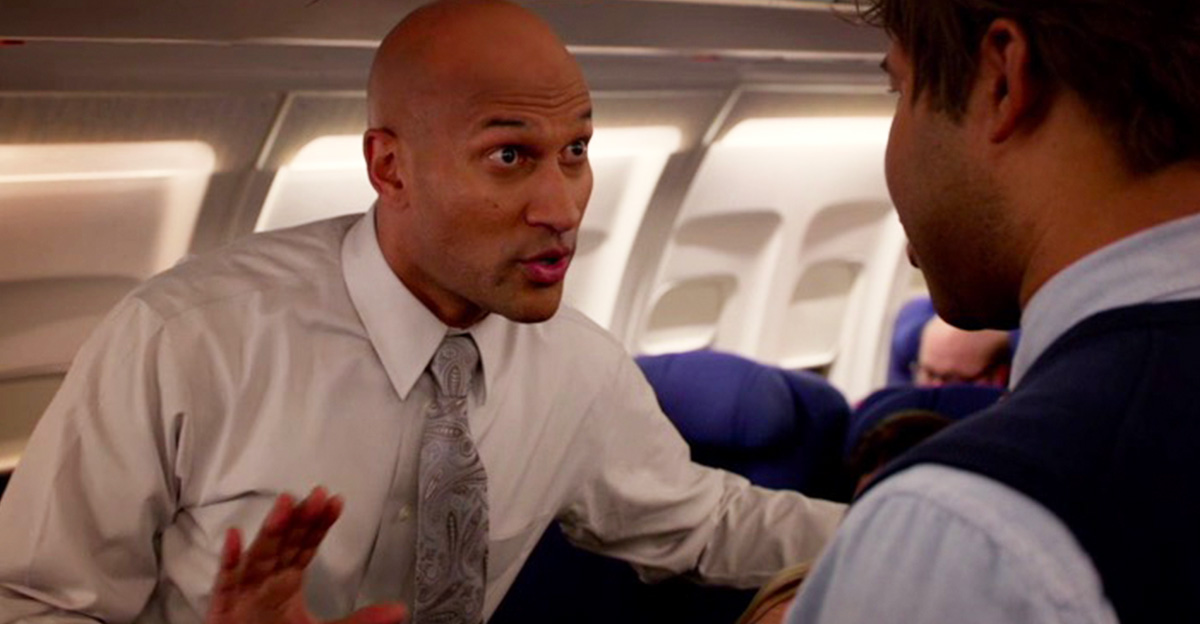
What Priority Boarding Actually Means
Priority boarding sounds like a golden ticket, but it rarely promises first entrance onto the aircraft. Instead, it typically guarantees an earlier position than the standard economy crowds. Airlines sell the dream of extra convenience, but the reality is often more modest: you’re getting ahead of some people, but absolutely not all of them.
The Many Boarding Groups Before You
Before your priority group is even whispered into a microphone, numerous categories of travelers are ushered on. Passengers needing special assistance, families with small children, elite frequent flyers, credit-card holders, and a range of vaguely titled loyalty groups all take their turn. By the time your group is called, you may have already witnessed a parade of humans with mysterious early-boarding privileges.
Why Families Board First
Parents traveling with young children are invited to board early because their process typically takes longer and requires juggling snacks, stroller parts, tiny shoes, and the occasional mid-terminal meltdown. Letting them settle in before the main crowd isn’t favoritism—it’s an attempt to keep the boarding process from spiraling into total pandemonium.
Why Half the Plane Seemed To Qualify
While watching a crowd of passengers stream past you, you might assume something unfair is happening, but in many cases, a surprising percentage of people legitimately fall into early-boarding categories. Popular holiday destinations, flights filled with loyalty members, and routes heavily marketed through airline credit cards all tend to produce a large group of people who qualify for some form of priority.
Did You Get What You Paid For?
The real question to ask yourself isn’t whether you were among the first to board, but whether you boarded earlier than you would have without purchasing priority at all. If the answer is yes, the airline technically delivered on what you paid for, even if the difference felt disappointingly small. If the answer is no, your frustration may be justified.
When Priority Isn’t Worth It
There are flights where priority boarding simply doesn’t move the needle. Some airlines oversell their early-boarding products, creating a queue so long that the privilege loses its meaning. On routes with consistently packed overhead bins or unusually high numbers of status holders, you might find that priority boarding offers little advantage.
Should You Demand A Refund?
Whether you should ask for your money back depends on the specifics of your experience. Full refunds are rare, since airlines frame priority boarding as “earlier than some,” rather than “earlier than most.” However, if you can clearly explain how the service failed—such as boarding at the same time as general passengers—you may be in a strong position to request some form of compensation.
How To Complain Like A Pro
If you do reach out for compensation, the key is to present your case clearly, calmly, and with all the pertinent details. Mention your flight number, describe the priority service you purchased, explain how your boarding experience contradicted your expectations, and outline the impact—such as losing access to overhead space or boarding no earlier than everyone else.
The Magic Words: “Goodwill Gesture”
Airlines tend to resist refund requests, but they are surprisingly responsive to the idea of offering a goodwill gesture. This could take the form of bonus miles, a travel credit, or a similar token acknowledging the inconvenience. Using the phrase signals that you’re not demanding compensation out of anger but asking for a reasonable courtesy.
Use The Airline’s App Or Website
Submitting a complaint is almost always more effective through an airline’s digital channels than at the airport. Online customer-support forms allow you to explain the situation thoroughly, attach screenshots or receipts, and avoid the rushed environment of gate agents who are dealing with dozens of simultaneous issues.
Should You Complain At The Airport?
Approaching a gate agent during the scramble of boarding is rarely productive. Their focus is on getting the plane out on time, and they often lack the authority to issue compensation on the spot. Complaining is most worthwhile in the moment only if something egregious has happened, such as being denied the priority status you clearly purchased.
What To Do If You Lost Overhead Bin Space
One of the biggest reasons travelers purchase priority boarding is to secure a guaranteed spot for their carry-on. If you boarded with priority and still found that all the overhead bins were full, you have a particularly strong argument for compensation. Airlines know how important this perk is, and they are more likely to acknowledge that you paid for a service that failed.
When To Absolutely Ask For Compensation
If your boarding group was misassigned, if you boarded no earlier than passengers with standard tickets, or if your priority purchase was not acknowledged at all due to a system error, you should absolutely request compensation. Instances where the airline clearly failed to deliver the service you purchased make for the strongest cases.
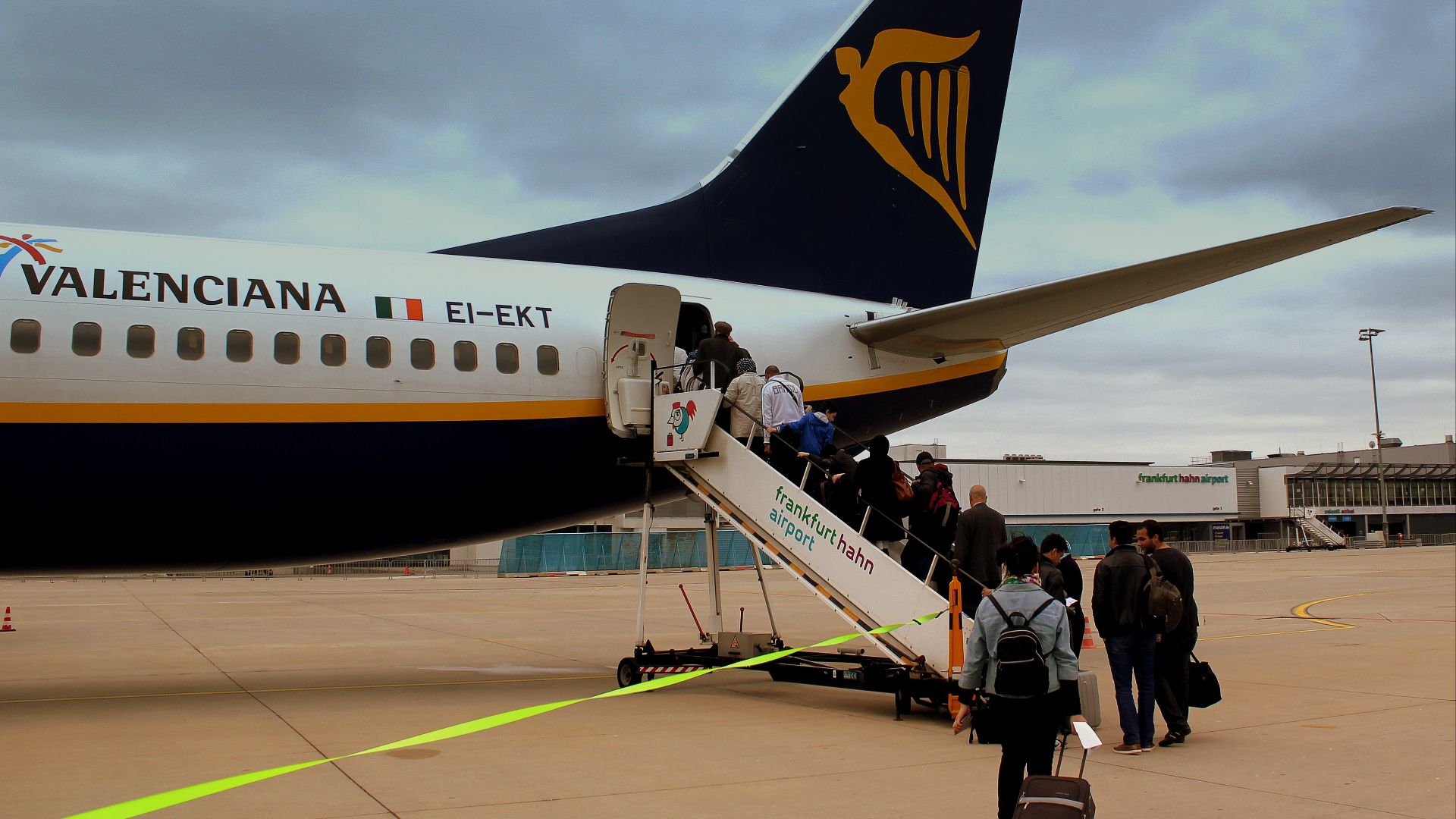 calflier001, Wikimedia Commons
calflier001, Wikimedia Commons
When You Probably Won’t Get Anything
On the other hand, if you boarded before at least some passengers—even if it didn’t feel meaningful—the airline may insist that the service worked as intended. Many boarding programs are designed with vague language that gives airlines flexibility and makes it difficult to argue for a refund unless something went blatantly wrong.
Read The Fine Print (Unfortunately)
The terms of priority boarding often include subtle wording that limits the airline’s responsibility. You may find that what you purchased was defined only as “earlier than general boarding,” not “earlier than most groups.” Understanding this language ahead of time can help manage expectations and prevent disappointment.
Know Your Airline’s Boarding System
Because every airline uses a slightly different boarding structure—some rely on numbered groups, others use themed names or loyalty tiers—it’s important to know where your purchased group actually fits. You may discover that your priority upgrade is technically Group Three or Four rather than a fast-track to the jet bridge.
Priority Isn’t Always Necessary
For some travelers, priority boarding simply isn’t a practical investment. If you’re checking a bag, if you aren’t carrying a large carry-on, or if you don’t mind being seated later in the process, the extra expense may not be worth it. In those cases, you’re better off saving your money for airport snacks or in-flight entertainment.
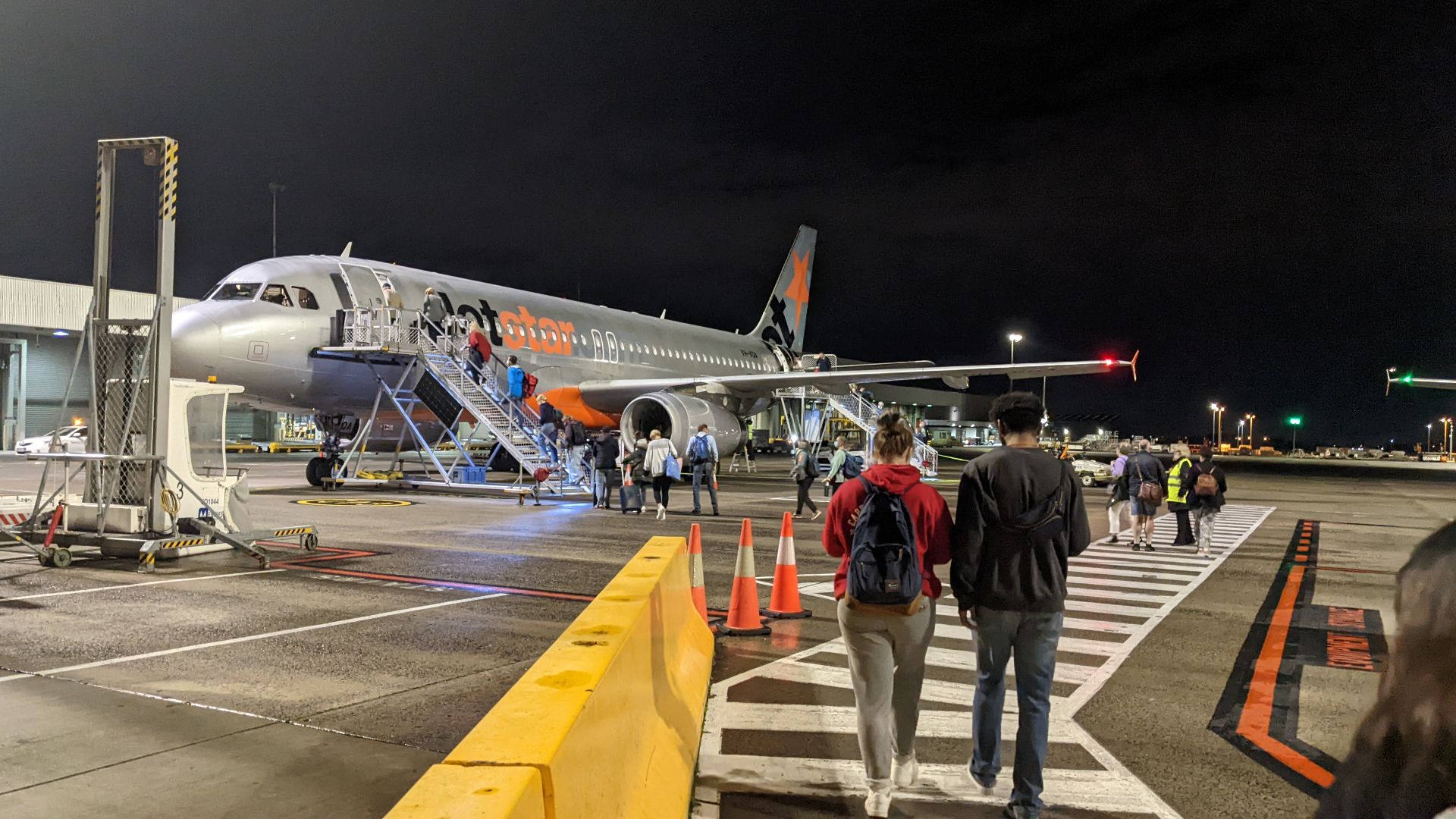 Philip Mallis, Wikimedia Commons
Philip Mallis, Wikimedia Commons
Times When Priority Is Worth Every Penny
There are circumstances where priority boarding provides huge value. Flights on aircraft with limited overhead space, routes that attract a high number of leisure travelers carrying bags, or low-cost carriers where seat selection is a free-for-all are excellent situations to justify the upgrade.
Consider Airline Credit Cards
Many airline-branded credit cards offer early boarding as a built-in perk, often giving you a better boarding position than the paid priority option. If you travel frequently, holding one of these cards can save you from repeatedly buying upgrades while providing consistent advantages.
Join Frequent-Flier Programs
Even basic enrollment in an airline’s loyalty program can slightly improve your boarding position. Higher tiers, of course, come with significantly earlier boarding, but even casual travelers may see modest benefits. Over time, the perks can add up, making early boarding easier to achieve without spending extra.
Be Strategic When You Buy Priority
Rather than purchasing priority automatically, consider the context of your trip. Busy holiday flights, routes known for fierce competition over overhead bins, or smaller aircraft with limited space are usually worth the extra fee. On quieter or less full flights, however, the value decreases dramatically.
Check Your Boarding Pass Early
Sometimes boarding issues arise because your priority purchase wasn’t correctly applied. Always verify your boarding group as soon as you check in, and if something looks wrong, speak to a gate agent before boarding begins. It’s much easier to fix a discrepancy early than to argue about it later.
Understand The Psychology Of Boarding
Boarding is as much about perception as reality. Passengers crowding near the gate, hovering in loose clusters, and trying to sneak forward make the entire process feel chaotic. Even when things are moving smoothly, the visual clutter can make you feel as though you’re being left behind, even when you’re not.
How To Stay Calm When The Line Looks Endless
When you see what feels like a mile-long parade of passengers boarding before you, take a breath and remind yourself that most people aren’t cutting the line—they’re simply boarding in groups you may not be familiar with. Staying patient and trusting the process, even when it looks disorderly, can make the experience far less stressful.
Should You Ask For A Refund?
In the end, whether you should demand a refund depends on how significantly your boarding experience deviated from what you paid for. If your priority upgrade failed completely or left you with no noticeable benefit, requesting compensation is reasonable. Just remember to present your case politely and be open to alternatives like travel credits or bonus miles. With a bit of strategy and a clearer understanding of how airlines structure boarding, you can make smarter decisions, reduce frustration, and approach future flights with your sanity intact. Safe travels, and may your next boarding experience feel genuinely priority-worthy.
You May Also Like:
39 Foods With Misleading Names—And What They Actually Are
Archaeologists Find Ancient God In A Sewer

